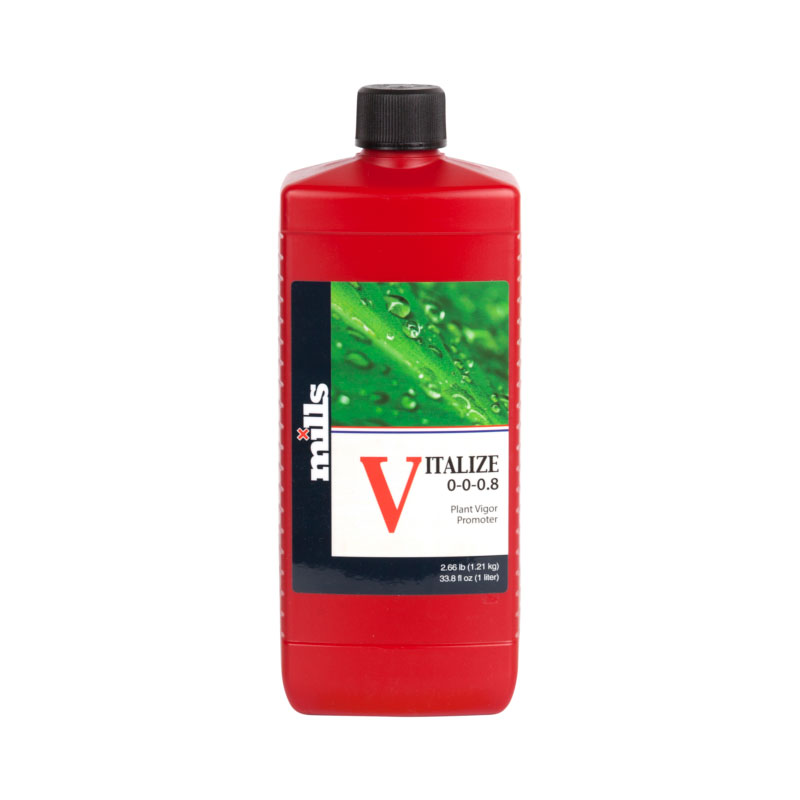Mills Q&A: Dealing with Powdery Mildew

Thanks to Jim at Mills Nutrients for the guest Q&A. If you have any questions relating to growing plants indoors, especially at this time of year, then send them over to mailbag@ghedirect.co.uk.
Q: I have suffered with powdery mildew in the past especially during the colder months…what could I do to prevent this happening again?
A: Research indicates that silicon can be particularly effective against powdery mildew, a common problem in year-round indoor environments where fluctuating wet and dry conditions persist. Silicon can be applied as a foliar spray for immediate protection or incorporated into fertigation schedules for long-term benefits.
Incorporating silicon into plant nutrition offers numerous benefits, from strengthening plant structure to enhancing stress tolerance and nutrient efficiency. As agricultural practices evolve, silicon’s role in sustainable crop production and food security becomes increasingly important
Silicon (Si) is the second most abundant element on Earth, found in high concentrations in native soils (sand, silt, clay, and soil organisms). However, it is often lacking in peat media or coco mixes. Although not traditionally considered essential for plant growth, silicon has been recognized for its significant benefits, especially under stressful conditions.
One of the primary advantages of silicon is its ability to strengthen plant cell walls, leading to increased nutrient uptake and improved plant strength and structure. This reinforcement results in sturdier stems and leaves, which can better withstand environmental stresses. Silicon also enhances metabolic functions, contributing to overall plant vigour.
Silicon’s role in defence against biotic and abiotic stresses is one of it party tricks. It helps plants resist insect herbivores and pathogens, including viruses, bacteria, and fungi. By creating a stronger, harder outer layer of the cell wall, silicon makes it more difficult for fungi to penetrate the leaf surface and its hyphae to take root in between the cell walls. Repeated applications can build up this protective layer, offering ongoing protection. Studies have shown that silicon has a prophylactic effect, strengthening physical barriers that limit pathogen entry and enhancing the plant’s defence mechanisms. Silicon can potentiate plant defence programs, enabling a more sensitive and rapid response to pathogen attacks.
In addition to its protective qualities, silicon improves plants’ resilience to abiotic stresses such as drought, salinity, and heavy metal toxicity. It enhances water use efficiency and reduces the uptake of harmful ions, helping plants thrive in challenging conditions. Silicon also boosts photosynthesis, leading to increased biomass production and higher yields.

Mills Vitalize is a highly concentrated Mono-silicic which is easily available to the plant and takes considerably less energy than other forms of silicon on the market for the plant to break down to a usable form. It also contains a surfactant which break the water’s surface tension, this is essential for successful foliar application as it creates a film on the leaf surface which is far easier to absorb than droplets. Surfactants are brilliant for use with peat-based media as this can go hydrophobic or repel liquids after they dry out. Vitalise also contains trace elements Zinc, Boron, manganese and molybdenum these will all help the plant with high light conditions and nitrogen fixation.

